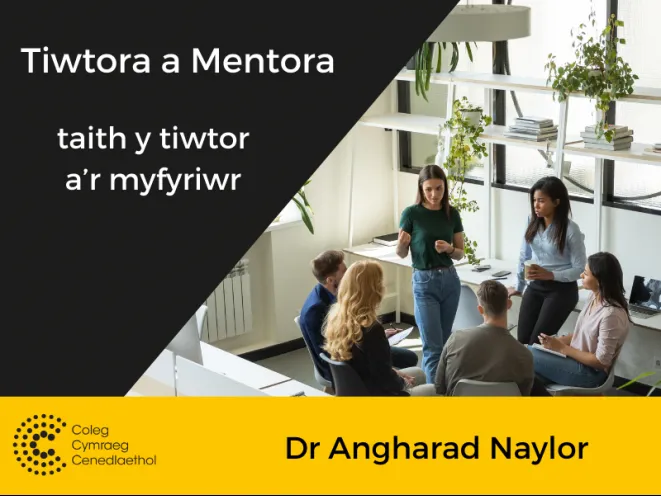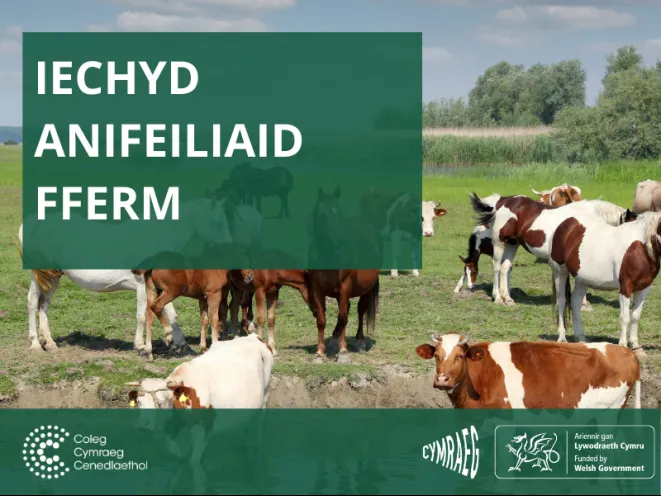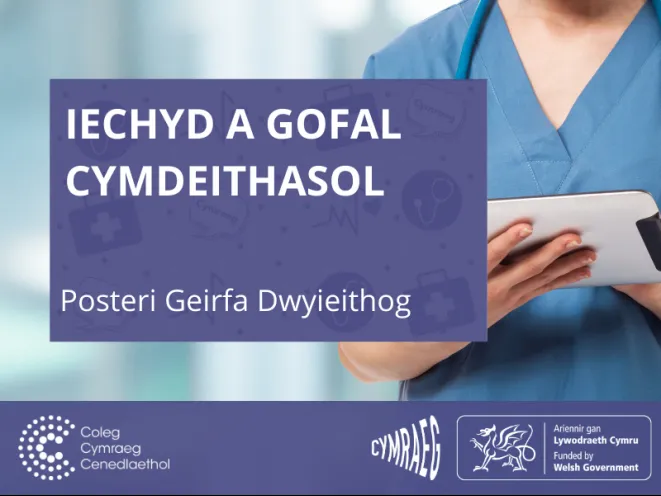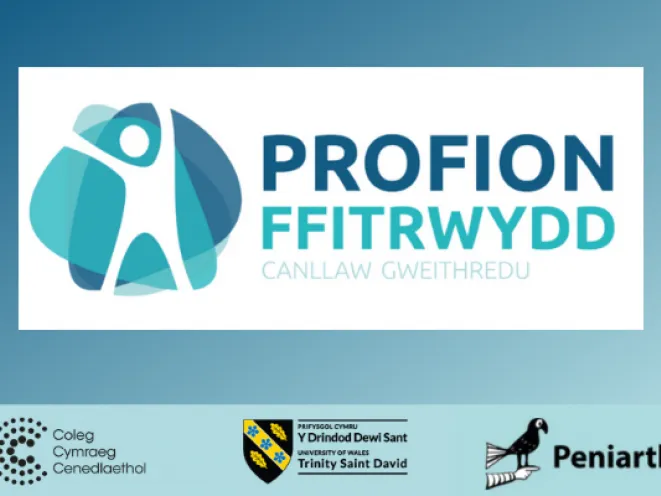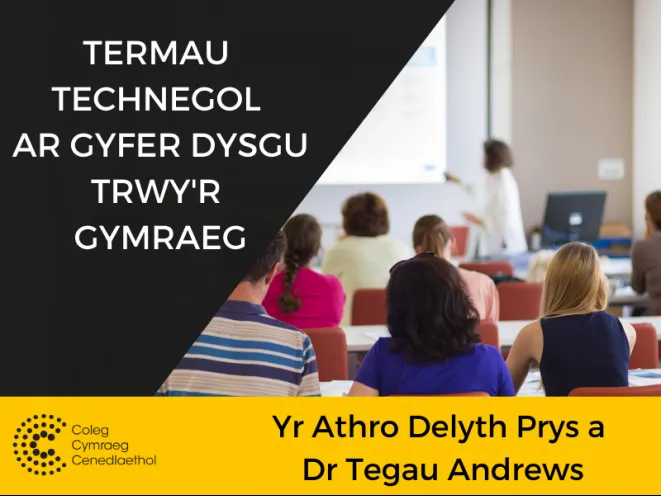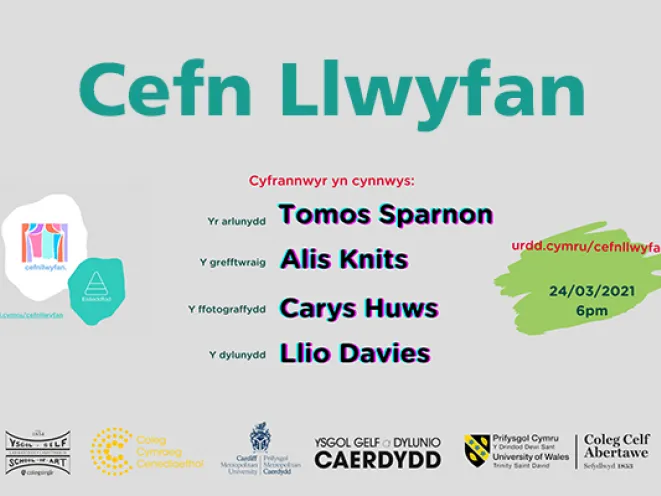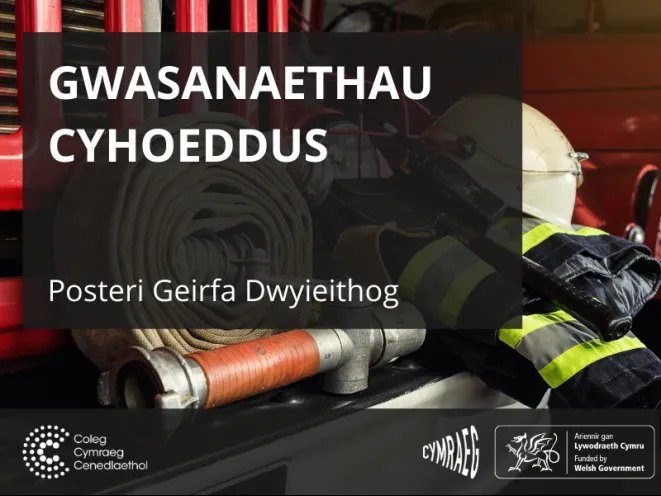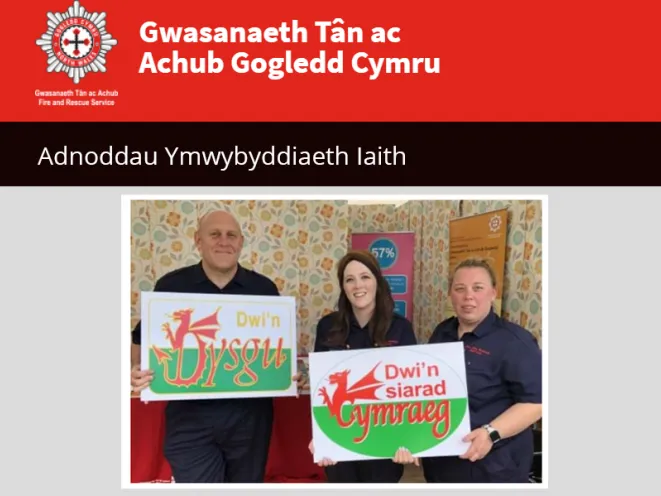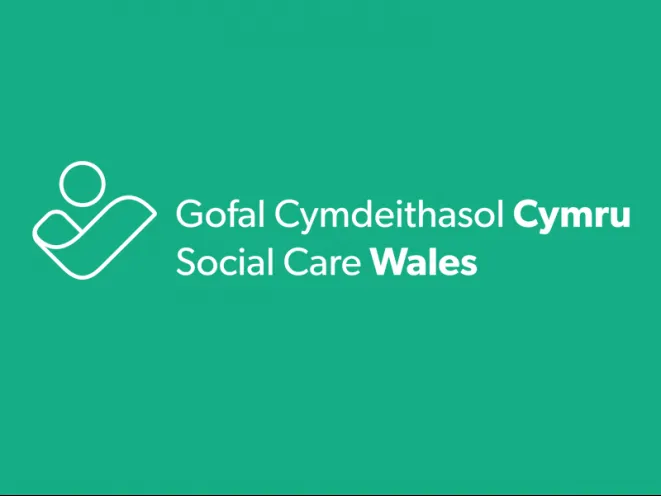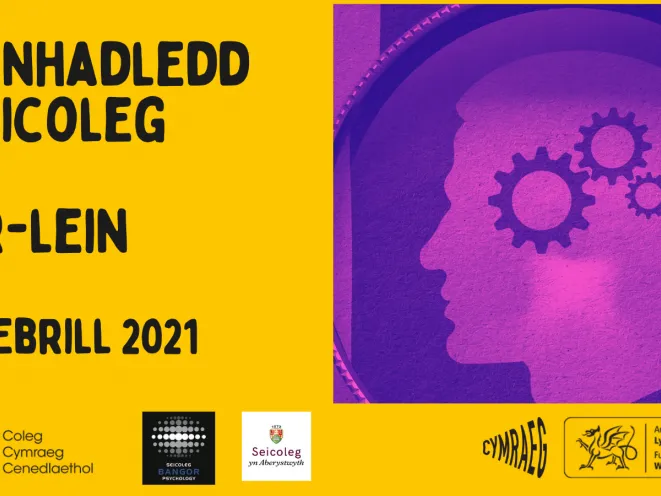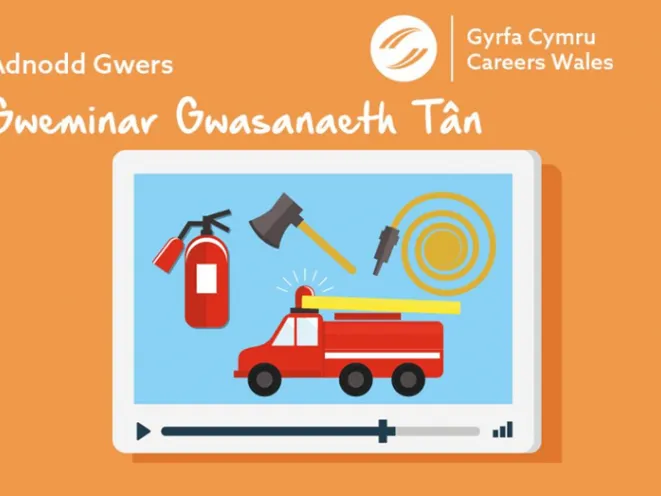The aims of this workshop are to: • Understand who the personal tutor is? • Introduce some of the key principles of personal tutoring • Consider the support available to personal tutors at local (e.g. school / department) and institutional level Contents: Personal tutoring is central to student experiences and personal tutoring programs offer students opportunities to receive guidance, advice and support on all kinds of things during their academic journey at university. Each individual's journey is different and personal tutoring programs are expected to meet the needs of different types of students as well as respond to institutional processes and procedures. This workshop offers an opportunity to consider some of the key underlying principles in the role of the personal tutor with reference to some expectations and practical steps that the tutor can apply to their role. At the end of this workshop trainees should be able to: • Define some of the main features in the role of a personal tutor • Identify what personal tutors need to consider when tutoring • Consider ways to support students in different situations and contexts • Consider ways to tailor a tutoring sessions to meet the needs of the student • Consider the importance of networking and partnering with students to develop effective tutoring approaches • Consider ways in which students can contribute to the tutoring process • Identify what is available to support personal tutors Presenter: Dr Angharad Naylor Dr Angharad Naylor is a Senior Lecturer at the School of Welsh, Cardiff University. She is the Director of Teaching and Learning and a Senior Personal Tutor.
Tutoring and Mentoring: tutor and student journey
Farm Animal Health
This resource was developed to introduce different topics relating to farm animal health. The resource contains a collection of videos, interactive activities and presentations in Pdf/Word format. There are also teacher notes to accompany the different subjects. Over 20 different topics are presented including: The causes of ill health in farm animals Farm health planning and biosecurity Lameness in cattle and sheep Injecting Pneumonia in cattle and sheep Dosing Castration
Health and Social Care bilingual vocabulary posters
This collection is a series of posters containing key bilingual vocabulary to support the Health and Social Care: Core Level 2 course. The vocabulary is grouped to match the level of the learner's language skills. There is an individual vocabulary poster for the 7 units: Unit 1: Principles and values of health and social care (adults)) Unit 2: Principles and values of health and social care (children and young people) Unit 3: Health and well-being (adults) Unit 4: Health and well-being (children and young people) Unit 5: Professional practice as a health and social care worker Unit 6: Safeguarding individuals Unit 7: Health and safety in health and social care
Profion Ffitrwydd Website - How to conduct fitness tests
A website containing videos and written instructions on how to perform health-related fitness assessments, in accordance with ACSM Guidelines. The resource would mainly be useful up to level 4. The aim of this resource is to provide advice and guidance on conducting initial health screening and fitness assessments, in line with ACSM protocols. There is a video that explains and illustrates the protocol, and a supporting document which illustrates the protocol in written format for each of the following aspects: Health screening Participant instructions Blood pressure Resting heart rate BMI measurement Waist and hip circumferences Cardiorespiratory fitness Hand grip test Push-up test Sit and reach test There is a link to the website below:
Technical terminology for teaching through the medium of Welsh
Presenters: Professor Delyth Prys and Dr Tegau Andrews The aim of this workshop is to : Give an introduction to terminology standardization work, internationally and nationally, linking the theoretical and practical aspects, in order to explain the standardization process and its relevance to the work of the Coleg Cymraeg Cenedlaethol. Give staff and students at the Coleg Cymraeg Cenedlaethol a better understanding of the dictionary and terminology resources which are available, to help them write and communicate better using good, academic Welsh. Reveal how Welsh terms are coined and standardized, discussing the international standards which drive the process and introducing specific examples, so that interested parties can understand how these terms become part of our language. Provide initial guidance to authors, translators and project managers who have been funded by the Coleg Cymraeg Cenedlaethol to develop Welsh-language resources for students, explaining how terms are relevant to them and where terminology work fits within the timescale of creating resources. Content: A general overview of the dictionary and terminology resources available to staff and students of the Coleg Cymraeg Cenedlaethol. Practical support on how to use general dictionaries and on-line electronic terminology dictionaries. An explanation of how terms are standardized in Welsh, and the relevance of international standards to this process. An outline of the stages involved in developing resources for the Coleg Cymraeg Cenedlaethol, focusing on the role of terminology in these stages. At the end of the workshop, attendees should be able to: Have a better understanding of the importance of using standardized terminology in academic writing. Be able to use dictionary and terminology resources more effectively in their work and improve the standard of their academic Welsh. Know where to turn if they need further assistance with Welsh technical terms. Have a better understanding of the way in which terms are standardized for the Welsh language. Be able to plan new resources for students taking into account any essential terminology. Biographies: Professor Delyth Prys has been Senior Editor within the Centre for the Standardization of Welsh Terminology (now part of the Language Technologies Unit at Canolfan Bedwyr) since 1993, and has been the Head of the Language Technologies Unit since 2001. She leads a mixed team of linguists and software experts who develop innovative digital language tools for the Welsh language. Dr Tegau Andrews has been a Terminologist for the Coleg Cymraeg Cenedlaethol since 2009. During this time, she has developed Geiriadur Termau’r Coleg Cymraeg Cenedlaethol (the Coleg Cymraeg Cenedlaethol Terminological Dictionary) which has become one of the main terminological dictionaries for the Welsh language and includes definitions, diagrams and explanatory illustrations.
'Cefn Llwyfan’ - 'Backstage' Pursuing a career in Art and Design (24 March 2021)
Are you studying Art, Design and Technology, or interest in the field? Join us in a fascinating conversation with 4 young Welsh artists who are establishing themselves in the art and design world in Wales and beyond. 'Cefn Llwyfan' Pursuing a career in Art and Design zoom talk is organised in collaboration with the Coleg Cymraeg Cenedlaethol, Coleg Sir Gâr School of Art, Swansea College of Art and Cardiff College of Art. The four contributors are: Photographer Carys Huws, who works internationally and now lives in Berlin. Designer Alis Knits, who pioneers crafts and materials from her studio in Cardiff and Lampeter. Designer Llio Davies, who specialises in ceramic and jewellery designs Swansea-based young artist Tomos Sparnon Wednesday, 24 March 2021 Time – 6PM To get the zoom link - email m.jones@colegcymraeg.ac.uk
Developing the bilingual workforce and communities of the future
The Coleg Cymraeg Cenedlaethol along with CollegesWales held an online panel event, in the form of a Zoom webinar, with politicians from the three main parties in Wales to discuss the contribution of the post-16 sector to the aim of creating a bilingual workforce and communities and a million Welsh speakers by 2050. The event provided an opportunity to hear what the parties are committing to in terms of developing bilingualism in the post-16 sector in order to move the agenda forward during the next Senedd term as well as the priorities of the Coleg Cymraeg and CollegesWales. You can watch the session by following the link below:
Public Services Bilingual Vocabulary Posters
This collection consists of a series of posters which include general key terms for learners studying Public Services. These posters were developed by Coleg Sir Gâr. The series includes 9 pdfs which can be downloaded and printed to support the introduction of Welsh on Public Services courses. The posters can be displayed on the wall in the classroom. The collection also includes a series of posters which include key terms specific for Level 3 Uniformed Protective Services units. There are key terms posters available for all 7 units which are: Unit 1: Citizenship and Diversity Unit 2: Behaviour and Discipline in the Uniformed Protective Services Unit 3: Global Affairs, the Media and the Uniformed Protective Services Unit 4: Physical Preparation, Health and Wellbeing Unit 5: Teamwork, Leadership and Communication in the Uniformed Protective Services Unit 6: Government and the Protective Services Unit 7: Planning for and Responding to Emergency Incidents Note that accessible Word documents are available for both resources separately.
North Wales Fire and Rescue Service Language Awareness Resources
Here is a link to a specific section on the North Wales Police website which contains resources to assist individuals who wish to develop their Welsh language skills. All roles within the NWP require a level of Welsh language skill. As part of the application process, individuals will be assessed on their spoken Welsh. The resources on the website help individuals prepare for the assessment. These resources are relevant to individuals interested in starting a career with the police.
Learning Resources on the Social Care Wales website
Below is a link to the resources section on the Social Care Wales website. The resources are relevant to educators and learners in the field of Healthcare and Childcare. There is also a link to a document that has identified the resources that are relevant to the Level 2 and 3 Children's Care, Play, Learning and Development: Core courses.
Online Psychology Conference
A conference held on 28 April 2021 for undergraduate and postgraduate Psychology students and those studying related subjects such as health and education. 17-18 year old learners were invited to join. The morning presentations followed the themes of: Health & Wellbeing Language, Development and Education. A Careers Panel was held in the afternoon with people representing the following careers: Educational Psychologist Clinical Psychologist Applied Behaviour Analysis Psychologist Speech & Language Therapist Higher Education lecturer There was also an opportunity to ask questions. The conference was held online, through the medium of Welsh
Careers Wales: Fire Service webinar and workbook
A resource by Careers Wales for Key Stage 3 learners to find out more about a career in the Fire Service. Learners will watch a webinar and complete a workbook.

